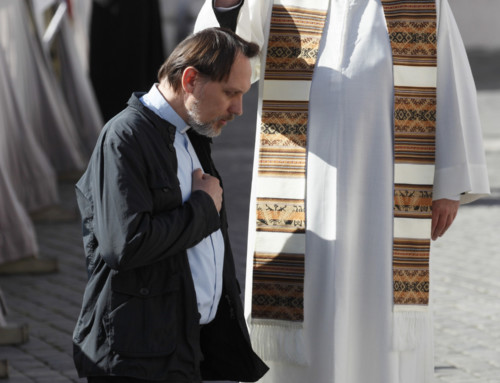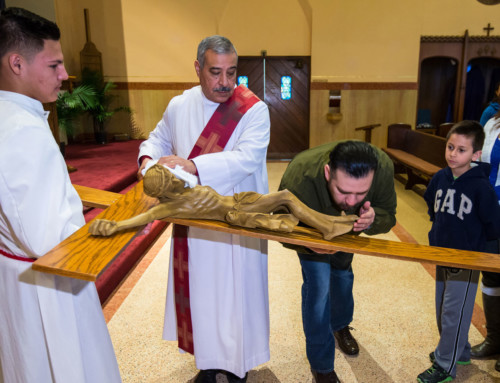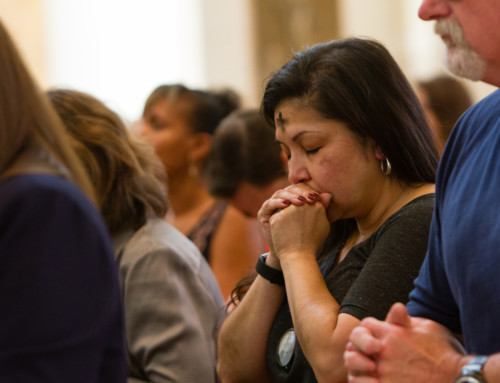A BIBLICAL JOURNEY MARKED WITH SUFFERING, LEADING TO JOY
BY MARCELLINO D’AMBROSIO
Clearly, one of the greatest models of faith in the Old Testament is Abraham. Jews, Christians and Muslims all acclaim him as such.
But Abraham also is a model of suffering. Abraham’s choice to say yes to God, leave civilization and lead his family into the desert involved great hardship (Gen 12:1-4).
What was the motivation that drove him to do it? Simple. There was something that God promised him that he desperately wanted. He already had a lot: a wife, property, servants and all the creature comforts afforded by his civilization. Yet he lacked a son.
For Abraham, a son was the main pathway to immortality. A son would, presumably, go out and beget sons, keeping his father’s name and memory alive. God promised not only descendants but a progeny so numerous that all the communities of the earth would find blessing in Abraham’s name.
The desire for future glory enabled Abraham to put up with the hardships, just as we sometimes endure hardship and suffering because we know it will lead us to some place better—perhaps in eternity.
St. Paul wrote to Timothy: “Bear your share of hardship for the Gospel with the strength that comes from God” (2 Tm 1:8).
To be a Christian during the first 300 years of the faith meant risking everything. If the Romans caught you, it could mean torture or death. If you got off easy, it meant the confiscation of your possessions.
Why would people take this chance? For the same reason Abraham embraced hardship: hope. They had been given a promise of eternal glory. They understood that no earthly good could compare with everlasting joy and were willing to suffer whatever loss was necessary to secure it.
In this, they followed the Master: “For the sake of the joy that lay before him he endured the cross, despising its shame” (Heb 12:2).
Obviously the sober, penitential spirit of Lent looks forward to the festivities of Easter. But Lenten penance means more than that. It is an opportunity for us to re-examine what’s most important in our lives—the gift of friendship with God.
Do we react to the ups and downs of daily life as if that were truly the case? In Lent, the deeper reason we “give up” earthly goods through fasting is to make more room for heavenly goods, to remind ourselves that we do not live by bread alone but by every word that comes from the mouth of God.
How do we live with the suffering in our lives that is not voluntary, with the hardships that seem to find us no matter how we try to escape?
Lent is a time to choose to embrace hardships with faith, hope and love, and unite them to the cross of Christ. We can transform inconvenience and even tragedy into steppingstones to glory.
Marcellino D’Ambrosio writes from Texas. He is co-founder of Crossroads Productions, an apostolate of Catholic renewal and evangelization.
This article was originally published as part of Catholic News Service’s Faith Alive! Copyright © 2015, Catholic News Service-United States Conference of Catholic Bishops, Washington, DC. All rights reserved. Used with permission.







